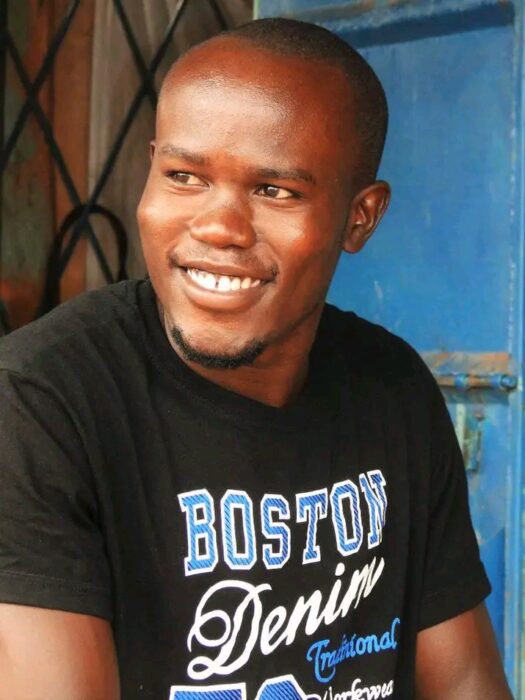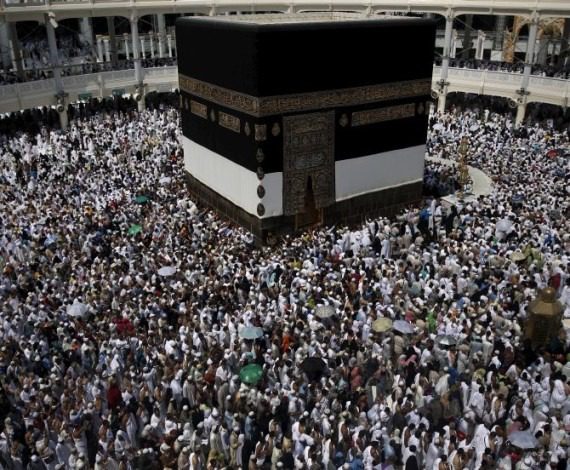Democracy & Governance
African Leadership; Governments Of A People? -By Shem Godwins
Uganda’s lawmakers once had an exchange in parliament. On the 27th, September of 2017, what made the headlines for most African newspaper issues was the issue of Uganda’s Members of Parliament exchanging blows and kicks with others resorting to chairs and microphone stands as weapons to sustain their strengths.

Freedom in its basic elaboration can be regarded as the state of not being imprisoned or enslaved. It is a term widely celebrated in Africa between the years 1957 and 1990s(years within which African states attained independence).
The declarations of the free African states, from colonial administration were sequenced by celebrations of their kinds and each state, in their own capacity declared a national day in their calendar to commemorate their special day. The individuals who spear headed their countries to freedom have over time been accorded state and international recognitions, just to mention: the late Nelson Mandela of South Africa, Kwameh Nkurumah of Ghana, Jomo Kenyatta and Oginga Jaramogi Odinga from Kenya. If you are a good student of African history, then you will agree with me that these gentlemen, in their countries sailed their kins to the harbours of Salvation. Nelson Mandela, for example has a record of being imprisoned for twenty-seven years in an Island, Jomo kenyatta alonside other five Kenyans were also put in prison by the colonial master. What we normally fail to reason out is the question on how free is this freedom and who were[are] the beneficiaries.
Examining the truth behind the struggle for power By African leaders is beyond a common minds comprehension, but through their aggressive actions we can have a debate on the equality and inclusive nature of the post colonial African administrations. To start, on 6 March 1957, the Gold Coast (presently Ghana) freed herself from Britain. Ghana became a member of the Commonwealth of Nations and was led to independence by Kwame Nkrumah who transformed the country into a republic, with himself as president for life. The country was the first to gain independence from European colonialism.
Watching from the 5Th Estate Television documentaries, He [Nkurumah] in a public address around 1960 shouted that now citizens of Ghana are FREE forever and what a statement that left the whole country in a spirit consoling celebrations,indeed after a hard and courage stinging struggle for independence. It is recorded in the historic archives that Nkrumah saw independent Ghana as a spearhead for the liberation of the rest of Africa from colonial rule and the establishment of a socialist African unity under HIS leadership. After the founding of a republic in 1960, the state became identified with a single political party (the CPP), with Nkrumah, as life president of both, taking over more power for HIMSELF. On the Pan-African front Nkrumahs messianism was however increasingly challenged by other leaders of an ever-growing number of independent states. Around 1966 Kwames dream of African socialism was starving under haphazard and corrupt administration, massive foreign debts, and declining living standards. In February, while Nkrumah was in Beijing, army and police leaders rose against him, and his regime was replaced by a National Liberation Council chaired by Lieut. Gen. Joseph A. Ankrah. Just like other African leaders who spearheaded the struggle for self governance,his ambitions and reasons for power hovered around him.
Robert Gabriel Mugabe decorates Zimbabwes history as a revolutionary politician who served as the prime minister from 1980 when Zimbabwe attained independence to 1987 when he assumed presidential responsibilities which he held till he was retired forcefully through a coup. He was praised during the struggle for the independence of Zimbabwe as a freedom hero.However,he later turned a wizard who,despite his party Zimbabwe African National Union-Patriotic Front [ZANU-PF] bearing incorporating the word patriotism as an identical tool, he had the constitution of Zimbabwe amended which gave him roles as head of State and government, commander-in-chief of the armed forces of Zimbabwe and the power to dissolve parliament and declare martial law, and above all to run for unlimited number of terms as president. He, in 1990 election preparations increased parliamentary seats to 120 of which twenty were to be appointed by him and ten by the council of chiefs, a measure that shelled any possibility of an opposition gaining any parliamentary majority against him. He was accused of betraying revolution and instituting dictatorship by a friend of him, Tekere the then leader of Zimbabwe Unity Front Movement [ZUM] party in 1989. Mugabes ZANU-PF made threats during the 1990 election campaigns for those who wished to consider voting ZUM and in one Television adverts, it was featured images of a car crash with the statement this is one way to die, another is to vote ZUM, so dont commit suicide, vote ZANU-PF and live.
These propaganda saw ZANU-PF securing 116 of the 119 available parliamentary seats with Mugabe being re-elected as president. His subsequent leadership was full of threats on opposition, not forgetting the regular harassments and killing [in some cases] of the Movement for Democratic Change activists who were led by Morgan Tsvangirai[Rest in Power, comrade], where the Human rights Forum for Zimbabwe documented 27 murders, 27 rapes, 2466 assaults and 617 abductions. According to Martin Meredith,a biographer, Mugabes by 1990s had become a petulant dictator, entertaining no opposition, very contemptuous of the law and human rights. He surrounded himself by sycophantic ministers who were indifferent to the incompetence and corruption around him. He had a lamentable economic record. He completely failed to satisfy popular expectations in education, health, land reforms and employment. He believed in his own greatness, isolated himself from reality and always attributed his difficulties to Britain, the west all whom he believed were keen to destroy his revolution. In brief, Mugabe is another leader from Independent Africa who held onto the idea that power belongs to a people and not the people and in order to be part of the power, one has to dance to the music tune in power.
Uganda’s lawmakers once had an exchange in parliament. On the 27th, September of 2017, what made the headlines for most African newspaper issues was the issue of Uganda’s Members of Parliament exchanging blows and kicks with others resorting to chairs and microphone stands as weapons to sustain their strengths. This was over a proposed constitutional amendment bill that was in parliament with the intention of prolonging Musevenis tenure against the Ugandas constitutional age limit of 75 years. According to the provision, one becomes ineligible to contest for presidency after attaining the age 75, while as at 2017 Mr. Museveni was 73, a clear indication that would be unfit to run in 2021. This is very ironical for Museveni is on record for having complained about African leaders who overstayed in power, himself having ruled as the president of Uganda since 1986 with his regime characterized with corruption, indimidation of the opposition with activist Bobi Wine and Kizza Besigye being among the victims. His son Muhoozi Kainerugaba was promoted to the rank of a major general,as reported on January 10,2017 by the East african,a move that was criticized as a strategy for his succession plan. Removing the age ceiling would give Museveni unlimited freedom to contest the presidency of Uganda until death. This confirms that the African leaders would stop at nothing only to see the remain in power. Their leadership strategies and commitments only reflect a government of a people, not the people.
Abraham Linkoln,a former president of the United States Of America once described democracy as the freedom of the people to exercise their rights[a government of the people, by the people and for the people]. This however has lost meaning in independent Africa as established government identifies with a selected few individuals who feel that the leadership is their birth right and should only be shared by those within their ideological households. To be a leader in Africa,you have to answer the question: who are you, and who is your parent in the political lineage of your country. African leaders are constantly out to fight for power. Independence day celebrations are annually celebrated to mark years of self-governance when the people are not really enjoying the freedom. Those who claim to be creating policies only do it when it seems beneficial to them. They have given another meaning for democracy as a government of a people, by a people and for a people. Indeed, the African leadership is a government of a people, not the people.




















